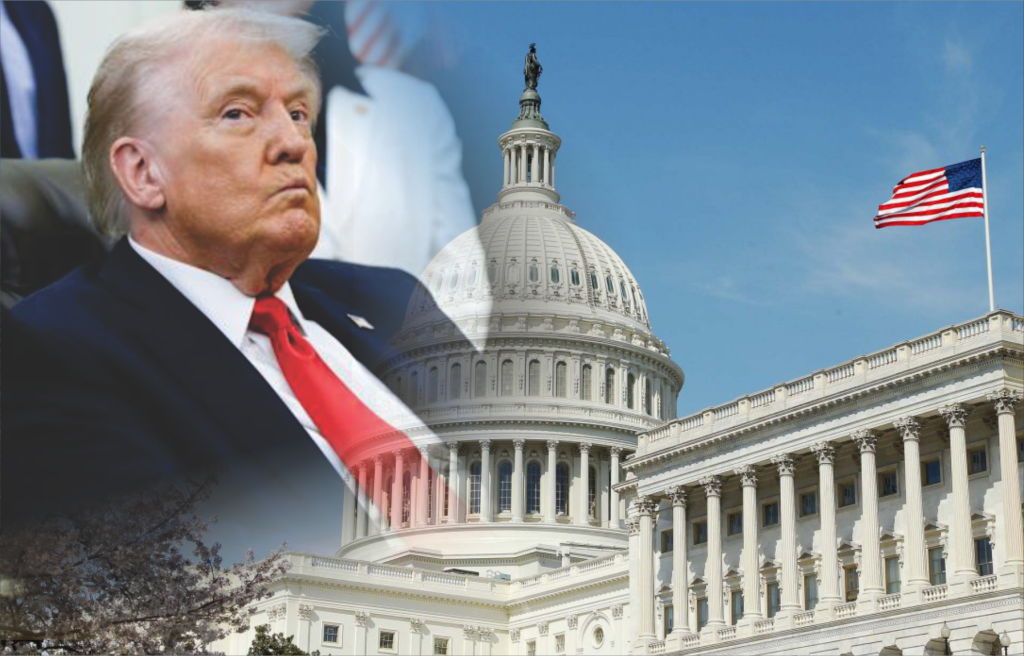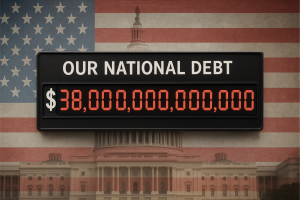America’s Debt Comes Due to $38 trillion, Worsened by Washington’s Shutdown

The US national debt has crossed an unsettling new threshold of $38 trillion, just as Washington grinded to a halt in yet another government shutdown. Economists warns that the timing is a snapshot of a government being unable to govern, a family being unable to balance its checkbook and a nation seemingly numb to the scale of its own fiscal peril.
To the millions of American families, the recent shutdown is already hitting home. Federal workers are once again bracing for missed paychecks, agencies are shuttering and the ripple effects, from delayed benefits to suspended research grants, threaten to slow an already delicate economy. The US Treasury Department confirmed this week that the gross national debt has surged past $38 trillion, growing at nearly twice the pace seen since the early 2000s. Most people see this instance as a failure of leadership. And assumed that reaching this milestone during a shutdown, shows how seriously broken the US fiscal process has become.

Miscalculated government shutdowns, often birth a show of history, which comes with their own price tags. The 2013 impasse cost an estimated $2 billion in lost productivity, while the 2018 -2019 shutdown, which is the longest in history, drained roughly $11 billion from the economy. Each episode leaves scars not just on markets, but on public trust.
Those scars are expanding. A recent survey by Peterson Foundation found that 81% of voters now view the national debt as a serious concern. Economists warn that ballooning interest payments, projected to triple from $4 trillion over the past decade to $14 trillion in the next period, will becrowd both public programs and private investment. A chief global strategist at J.P. Morgan Asset Management – David Kelly stated that “the danger is not mere economics, psychological. As debt mounts, investor confidence erodes. The more dysfunctional the process looks, the more delicate the world’s faith in US stability becomes.”

Credit rating agencies have taken notice. Moody’s, Standard & Poor’s and Fitch have all downgraded the US credit rating in recent years, citing fiscal brinkmanship and the lack of a long-term plan.
Meanwhile, voices like Maya MacGuineas of the Committee for a Responsible Federal Budget warn of a more subtle crisis is brewing in a public growing desensitized attention to dysfunctionality. “We’ve stopped being shocked” she said. “We’ve normalized shutdowns, delays, and trillion-dollar deficits while ignoring the slow unraveling of vital programs like Social Security and Medicare”.
In the meantime that the shutdown is dragging on, the debt clock keeps ticking and Washington remains gridlocked. This is a portrait of America’s uneasy relationship with its own prosperity. What was once a warning light has become background noise, blinking red in a capital that has stopped looking up.









